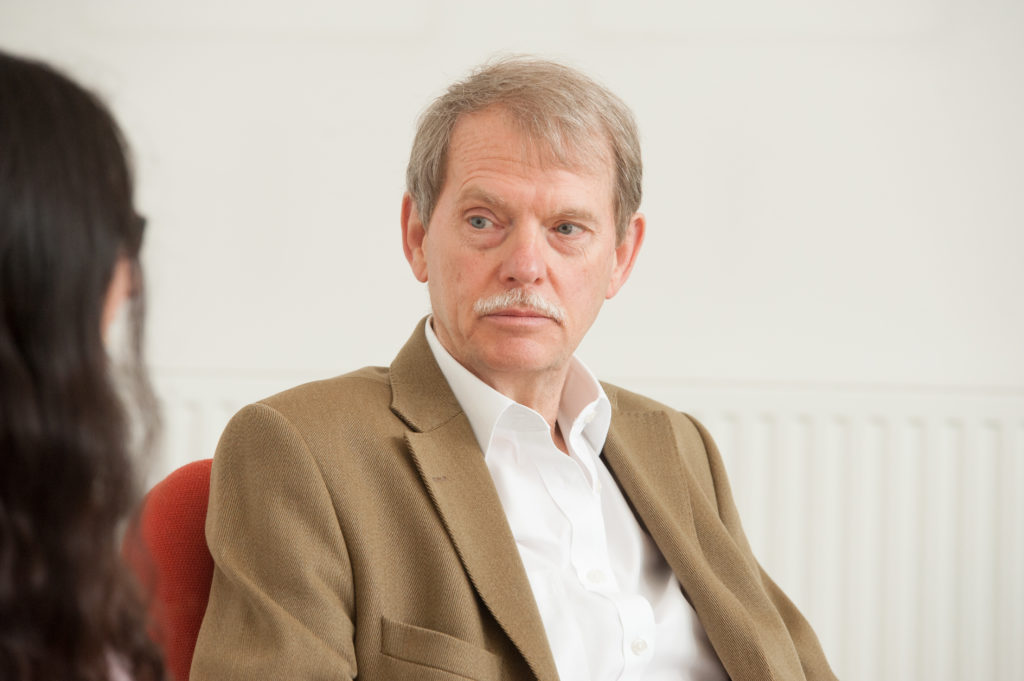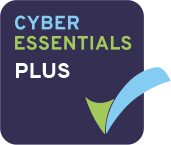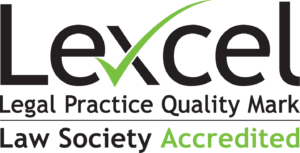When was the last time you opened a bank account? Or took out a loan or credit card?
If you already had an account with the very same bank, you may have felt a niggle of irritation to be asked for your passport or driving licence. Partner Nick Cox explains what they were doing.
They were verifying that you are who you say you are. And they will do that even if you have been into that branch every day for the last twenty years and are godparent to the assistant manager.
Why?
It’s because they have to identify people with whom they become involved in financial transactions. It’s the law – or to be precise, the Proceeds of Crime Act, the Terrorism Act and the Money Laundering Regulations 2007. When professional advisers are involved with your financial or other affairs they have the same obligation.
And it doesn’t stop there.
The solicitor or accountant has a positive obligation to ask you about your business. Naturally we need to do this to some extent in order to advise you properly. However (and more to the point as far as this piece is concerned), it also enables us to comply with an obligation to complete a process called ‘client due diligence’. If this is not done, we cannot continue to act on your behalf without risking putting ourselves in a tricky position.
Because it gets worse.
If we fail to do what we are supposed to, we may be in breach of our obligations and be subject to sanctions – not just professional ones but criminal ones too. So, besides making sure that you are who you say you are, what are we meant to do?
First we must not become involved in any arrangement which facilitates the commission of any criminal offence, and that includes tax evasion. Second, we must not conceal any activity – and herein is a potential threat to the confidentiality of the client/solicitor relationship.
Third, we must not knowingly assist in the laundering of any money where we have a suspicion that it might be the proceeds of crime or be intended to further terrorism. Fourth, we must report to the Serious and Organised Crime Agency (SOCA) any suspicious activity.
And finally, if we have felt compelled to make a report about someone, we cannot tell them we have done so. And guess what? if we fail in any of these duties, we can go to prison!
Our starting point is properly to identify you and confirm your address. And it is here that most people will unknowingly encounter the first step in the process that has now become known as the anti-money laundering regime.
So the next time we ask you for identification or evidence of address, please don’t be offended. We are just doing our job … and trying to avoid experiencing the workings of the criminal justice system from the wrong side of the barbed wire fence!
Partner Nick Cox specialises in commercial contract disputes and has particular expertise in contentious landlord and tenant work. He is a member of the Property Litigation Association and an ADR Group-accredited mediator.
Contact nick.cox@willans.co.uk
Disclaimer: All legal information is correct at the time of publication but please be aware that laws may change over time. This article contains general legal information but should not be relied upon as legal advice. Please seek professional legal advice about your specific situation - contact us; we’d be delighted to help.












